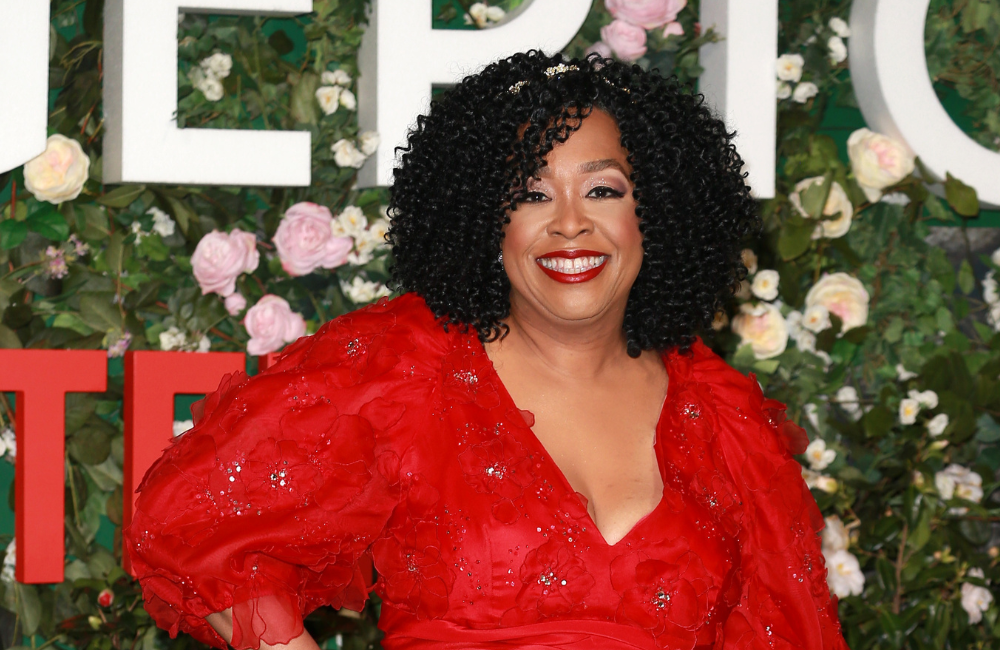The ability to negotiate effectively remains one of the most powerful yet underutilized skills in professional advancement, particularly for young Black women navigating career landscapes where representation remains limited. Television mogul Shonda Rhimes recently addressed this critical skill gap, offering transformative advice that resonates far beyond the entertainment industry where she has built her empire.
The fundamental principle of effective negotiation
At the core of successful negotiation lies a principle that many professionals discover too late in their careers, true negotiating power comes from genuine willingness to walk away. This perspective shifts the dynamic from desperate acceptance to strategic partnership.
Rhimes emphasizes that entering negotiations without predetermined boundaries places professionals at an immediate disadvantage. The acclaimed producer advises that knowing your bottom line before discussions begin is essential, without this clarity, the negotiation is effectively lost before it starts.
This perspective holds particular relevance for young Black women who often face compounded challenges of gender and racial bias in professional settings. Research consistently demonstrates that Black women frequently encounter more significant barriers to advancement and compensation equity than their counterparts.
Three essential components of negotiation mastery
The television producer’s approach to negotiation centers around three foundational elements that build upon one another:
Comprehensive preparation: Before entering any negotiation, thorough research becomes essential. This includes understanding market rates for comparable positions, knowing the organization’s compensation structure if possible, and recognizing the full value your skills and experience bring to the table. This preparation provides concrete data points rather than emotional arguments.
Clear boundary establishment: Determining non-negotiable elements before discussions begin prevents decision-making under pressure. These boundaries might include minimum acceptable compensation, required flexibility arrangements, professional development opportunities, or advancement timelines. Documenting these requirements privately creates accountability to yourself.
Willingness to decline: Perhaps most challenging yet most powerful is developing genuine comfort with declining offers that fail to meet established standards. This willingness transforms negotiation from pleading to evaluating mutual benefit. The psychological shift from “needing” an opportunity to “considering” it creates leverage that fundamentally alters negotiation dynamics.
The entertainment industry perspective
As creator of groundbreaking television series including “Scandal,” “Grey’s Anatomy,” and executive producer of “Bridgerton” and “How to Get Away with Murder,” Rhimes has navigated complex industry negotiations throughout her career development. Her trajectory from aspiring writer to production company founder demonstrates the cumulative impact of effective negotiation practices.
The entertainment industry presents particularly challenging negotiation environments, with historical underrepresentation of Black women in decision-making positions. These industry dynamics make Rhimes’ achievements and subsequent advice especially valuable for those entering similar professional landscapes.
Her production company’s success stems partially from strategic partnerships and agreements that maintained creative control while securing necessary resources. These outcomes resulted directly from implementing the negotiation principles she now shares with younger professionals.
Real-world application beyond entertainment
While Rhimes’ experience centers in entertainment, the negotiation principles apply across professional sectors. Young Black women in fields ranging from technology to healthcare, finance to education can implement these strategies with meaningful results.
The preparation phase looks different across industries but maintains similar components. Technology professionals might research comparable salaries on platforms like Glassdoor or through professional networks. Healthcare practitioners could consult industry associations for compensation surveys. Financial professionals might leverage recruitment agencies for market intelligence.
Boundary establishment remains consistent regardless of field. Determining minimum acceptable terms, required benefits, advancement opportunities, and work environment standards applies universally. The key distinction in effective negotiation is documenting these requirements privately before discussions begin rather than formulating them during emotional conversations.
The willingness to decline opportunities remains challenging across professions, particularly for those early in their careers or facing financial pressures. However, this willingness fundamentally alters how proposals are evaluated and discussed. When genuine alternatives exist — even continuing a job search — negotiation leverage increases substantially.
Building negotiation communities
One emerging response to Rhimes’ advice involves creating supportive communities where young Black women can practice negotiation skills in low-pressure environments. These communities provide opportunities to role-play scenarios, receive feedback, and develop confidence before high-stakes professional situations.
Professional organizations increasingly offer negotiation workshops specifically addressing challenges faced by women of color. These targeted programs acknowledge that negotiation advice designed for general audiences often fails to address unique obstacles involving both gender and racial dynamics.
Mentorship relationships also provide valuable negotiation guidance, allowing younger professionals to learn from those who have successfully navigated similar situations. Experienced mentors can share practical strategies, offer industry-specific insights, and provide accountability during actual negotiation processes.
The lifelong negotiation journey
Negotiation mastery represents an ongoing developmental process rather than a destination. Even seasoned professionals continuously refine their approach based on experiences, changing market conditions, and evolving career goals.
For young Black women beginning this journey, understanding that negotiation skills develop through practice offers important perspective. Early career negotiations build foundation for future discussions, making each interaction valuable regardless of outcome.
The television producer’s advice serves as catalyst for this developmental process, offering strategic framework rather than tactical scripts. By internalizing the core principles — preparation, boundary-setting, and willingness to walk away — young professionals can adapt their approach to diverse situations throughout their careers.
Rhimes’ negotiation guidance ultimately transcends compensation discussions. These principles apply equally to project assignments, promotion timelines, leadership opportunities, and work-life balance arrangements. The comprehensive approach transforms professional self-advocacy from intimidating confrontation to strategic communication — a skill set that compounds in value throughout careers.













